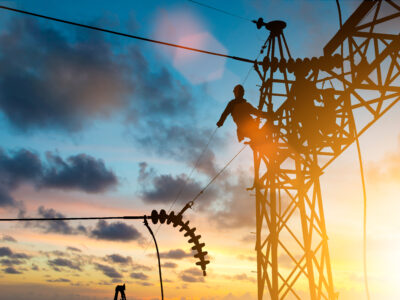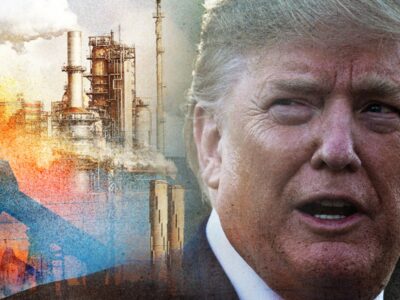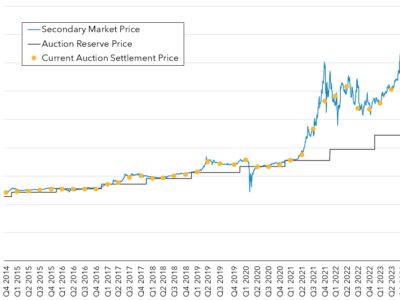The Consequences of Carbon Cap & Trade
Behind a firewall, the WSJ has a tough editorial mocking Europe’s carbon trading. While I often agree with this page’s overall philosophy, this is a case where I sharply disagree with the unsigned authors. As everyone knows, a key part of life is making investment choices while facing uncertainty. Consider a European power plant or cement maker who is getting ready to make a billion dollar investment and the economic facility that will be built is expected to last for 30 years or more. The profit maximizing firm has an incentive to form a “rational expectation” of future electricity prices and carbon prices in choosing what type of facility to build now. If the CEO expects carbon to be unpriced and electricity to be cheap then she will build an inefficient plant. The Cap & Trade program has helped to shift expectations and to build some uncertainty about the possibility that carbon prices could be $40 a ton in the future. Such possible future scenarios incentivize the bosses to consider the “low carbon” path now. The WSJ doesn’t bother to explore the possibility that Europe is now on a lower carbon path because the “new rules of the game” have shifted firms’ investment patterns. The theme in my own research has been to study the energy efficiency of durable capital based on the price of energy when it was initially built. We find that homes are more energy efficient today if they were built during a time when energy prices were high. I recognize that this doesn’t directly test the expectations hypothesis but future work should study this claim. The WSJ didn’t even bother to discus this.
Reader Comments
One Reply to “The Consequences of Carbon Cap & Trade”
Comments are closed.








I don’t know whether it’s just me or if everyone else encountering problems with your
blog. It looks like some of the written text on your
content are running off the screen. Can someone else please comment and let me
know if this is happening to them too? This may be a problem with my internet browser because
I’ve had this happen previously. Kudos